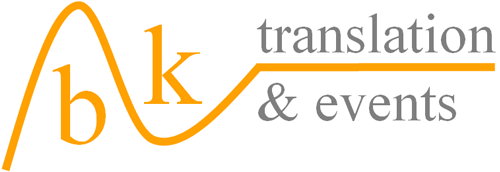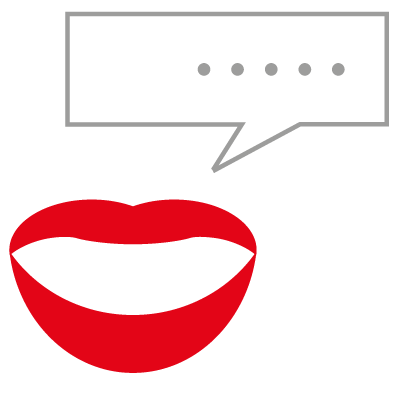Frau Birgit Klyssek
Mobil und WhatsApp:+49 (0)176 88 22 34 49
E-Mail: info@bktranslation.de
How good is my German according to the CEFR?

How good is my German according to the CEFR?
With the help of the CEFR, you can better assess yourself, set goals and achieve them. It is always very important to know how good you already are and still want to become. That’s why the CEFR exists for everyone who needs German as a foreign language. The learning levels define exactly where the journey is going and what level you are currently at. How good is my German according to the CEFR?
We help you to identify and recognise your level. You can book an appointment with us for an online assessment test. The test takes about 45 minutes and covers the four test skills: reading, writing, listening, speaking. Ask for prices here
The Common European Framework of Reference for Languages: Learning, Teaching, Assessment (CEFR) (in short: European Framework of Reference; (English: Common European Framework of Reference for Languages CEFR)) of the Council of Europe, presents a comprehensive recommendation for language learners and teachers, which aims to make language acquisition, language use and language competence of learners needs-oriented, transparent and comparable. How good is my German according to the CEFR?
Levelgroup: How good is my German according to the CEFR?
| Level |
Description |
| A1 Breakthrough or beginner |
- Can understand and use familiar everyday expressions and very basic phrases aimed at the satisfaction of needs of a concrete type.
- Can introduce themselves and others and can ask and answer questions about personal details such as where they live, people they know and things they have.
- Can interact in a simple way provided the other person talks slowly and clearly and is prepared to help.
|
| A2
Waystage or elementary |
- Can understand sentences and frequently used expressions related to areas of most immediate relevance (e.g. very basic personal and family information, shopping, local geography, employment).
- Can communicate in simple and routine tasks requiring a simple and direct exchange of information on familiar and routine matters.
- Can describe in simple terms aspects of their background, immediate environment and matters in areas of immediate need.
|
| B1
Threshold or intermediate |
- Can understand the main points of clear standard input on familiar matters regularly encountered in work, school, leisure, etc.
- Can deal with most situations likely to arise while travelling in an area where the language is spoken.
- Can produce simple connected text on topics that are familiar or of personal interest.
- Can describe experiences and events, dreams, hopes and ambitions and briefly give reasons and explanations for opinions and plans.
|
| B2
Vantage or upper intermediate |
- Can understand the main ideas of complex text on both concrete and abstract topics, including technical discussions in their field of specialization.
- Can interact with a degree of fluency and spontaneity that makes regular interaction with native speakers quite possible without strain for either party.
- Can produce clear, detailed text on a wide range of subjects and explain a viewpoint on a topical issue giving the advantages and disadvantages of various options.
|
| C1
Effective operational proficiency or advanced |
- Can understand a wide range of demanding, longer clauses, and recognize implicit meaning.
- Can express ideas fluently and spontaneously without much obvious searching for expressions.
- Can use language flexibly and effectively for social, academic and professional purposes.
- Can produce clear, well-structured, detailed text on complex subjects, showing controlled use of organizational patterns, connectors and cohesive devices.
|
| C2
Mastery or proficiency |
- Can understand with ease virtually everything heard or read.
- Can summarize information from different spoken and written sources, reconstructing arguments and accounts in a coherent presentation.
- Can express themselves spontaneously, very fluently and precisely, differentiating finer shades of meaning even in the most complex situations.
|

How good is my German according to the CEFR?
The recognition of the diplomas is understood on an international level and applies equally in the university sector as well as in the professional world. In Germany, Austria and Switzerland, the certificates are recognised by universities and public and private institutions as official proof of qualification. How good is my German according to the CEFR?
The exams can be taken in DACH and another 90 countries worldwide.
Validity
Their validity is unlimited.
We offer online via Zoom, Skype or other compact crash courses, fully intensive or semi-intensive courses as well as weekend courses so that you can prepare with us for the official exams such as Goethe, Telc and others.
Further information at:
Frau Birgit Klyssek
Mobil und WhatsApp:+49 (0)176 88 22 34 49
E-Mail: info@bktranslation.de









